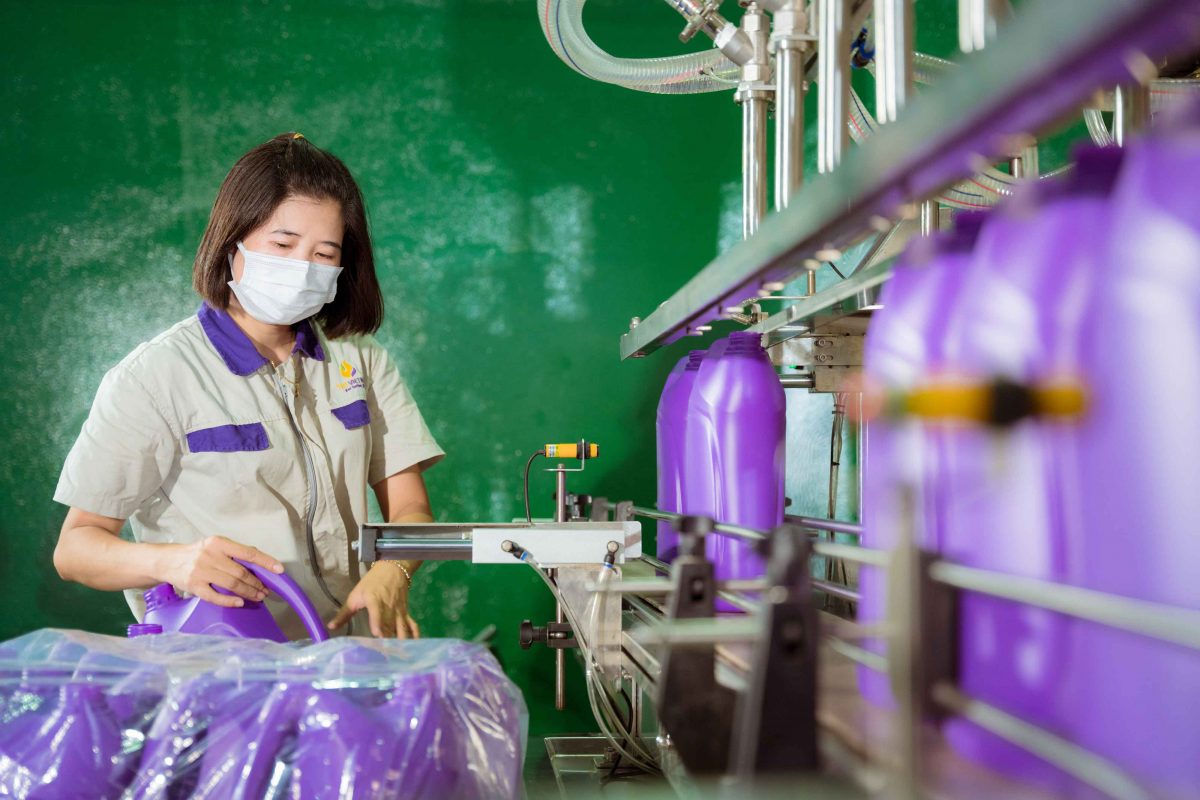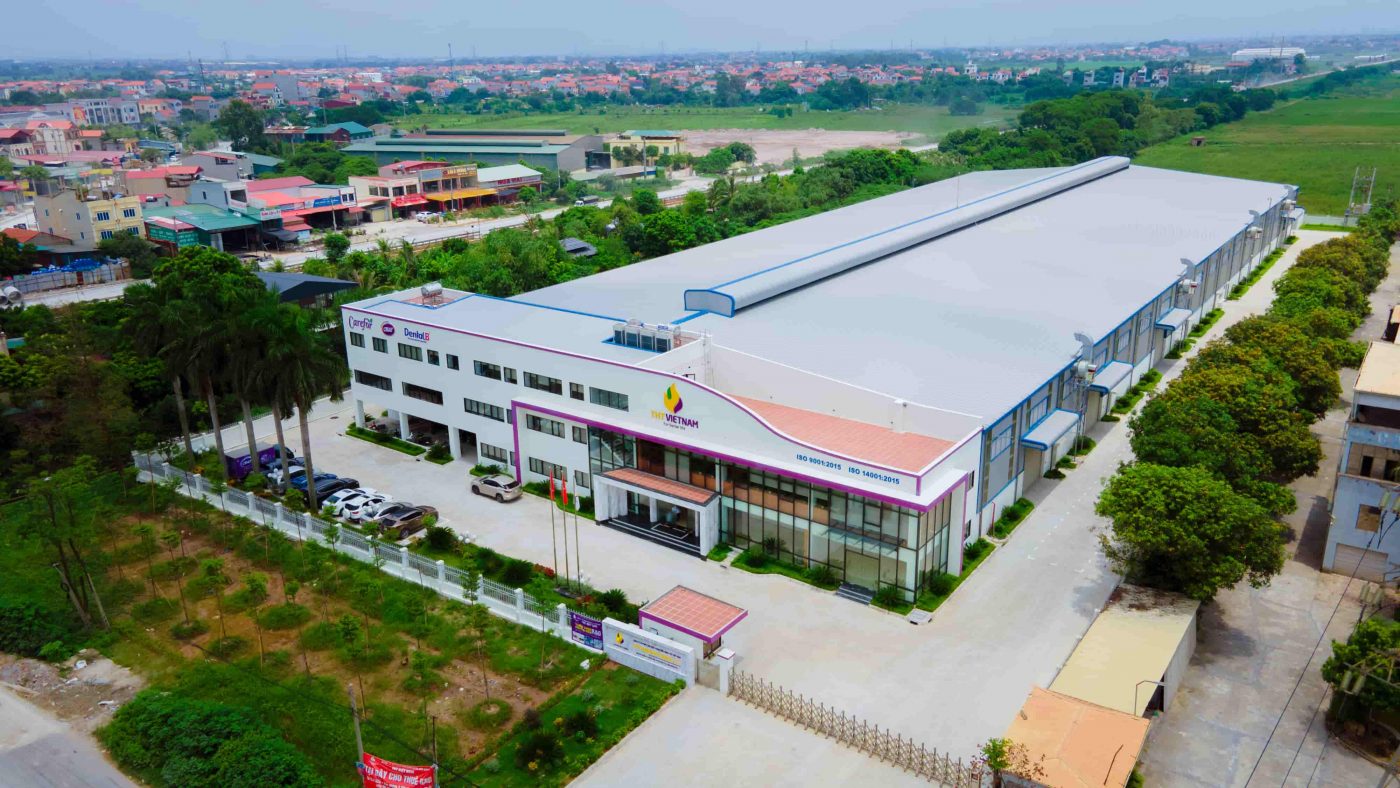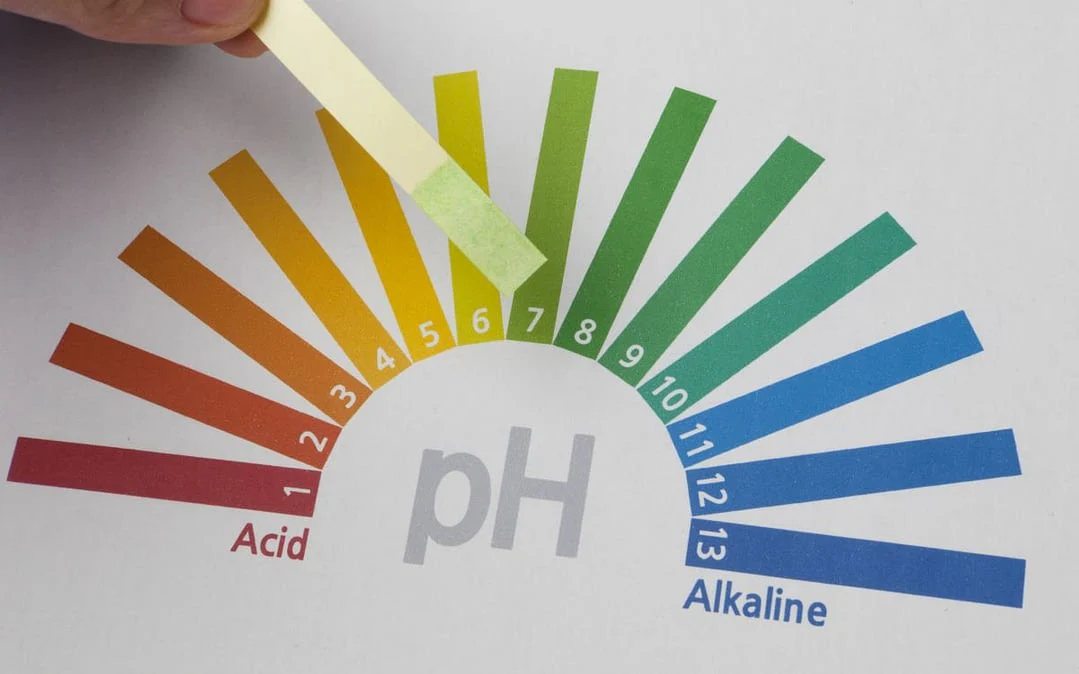Washing machine has sediment at the bottom – Causes and solutions
Washing machines are gradually becoming indispensable items in every modern family. However, after a period of use, many people encounter…
In the context of an increasingly competitive global market, businesses are constantly looking for optimal solutions to improve production capacity, save costs and speed up product launch to market. One of the prominent strategies that brings outstanding efficiency is manufacturing outsourcing. Not only does it help businesses focus on their core strengths, this model also […]
In the context of an increasingly competitive global market, businesses are constantly looking for optimal solutions to improve production capacity, save costs and speed up product launch to market. One of the prominent strategies that brings outstanding efficiency is manufacturing outsourcing. Not only does it help businesses focus on their core strengths, this model also opens up diverse and flexible cooperation opportunities suitable for many different industries.
So, what are the most popular manufacturing outsourcing cooperation models today? What are the advantages and disadvantages of each model? Let’s analyze the details with THT – a leading unit in the field of manufacturing outsourcing with more than 20 years of experience in the article below.
Outsourcing is the process in which a business (brand owner or distributor) hires another entity to perform all or part of the product manufacturing process. This model helps businesses reduce the pressure of investing in factories, machinery, and human resources, while taking advantage of the expertise and modern technology of the outsourcing partner.

Manufacturing outsourcing acts as a “launching pad” to help businesses optimize resources, speed up new product development, expand markets and improve competitiveness.

This is the most common model in the manufacturing outsourcing industry. The ordering company (usually a big brand) will provide the design, technical standards, raw materials or product formula. The outsourcing unit is responsible for manufacturing according to the requirements, then delivering the finished product to the partner.
Advantage:
Disadvantages:
With the ODM model, the manufacturing unit will take on the design, research and development and production of the finished product. The partner only needs to place an order, choose the model, and then receive the product under their brand.
Advantage:
Disadvantages:
This is a flexible form of cooperation, in which the enterprise and the processing partner specifically agree on each stage of production, from supplying raw materials, semi-finished products to assembling and packaging. The contract terms are designed in detail, ensuring the rights and responsibilities of both parties.
Advantage:
Disadvantages:
This model allows businesses to order products manufactured according to available formulas and designs from processing factories, then put their own labels on the products. This is an ideal choice for businesses that want to build a brand quickly without investing in R&D.
Advantage:
Disadvantages:
To optimize cooperation efficiency, businesses need to carefully consider the following criteria when selecting partners:
With over 20 years of experience in the cosmetics industry, THT is proud to be the leading reputable manufacturing partner in Vietnam. We own a modern factory system, strict quality control process and a team of experienced experts. THT is committed to providing flexible, cost-optimized, absolutely confidential processing solutions and supporting customers to develop sustainably in the market.

Current cooperation models offer many flexible options, helping businesses optimize resources, enhance competitiveness and develop strong brands. Choosing the right model and reputable processing partners will be the key to success for every business in the new era. Join THT Vietnam to maximize potential and continue to expand in the domestic and international markets.

Washing machines are gradually becoming indispensable items in every modern family. However, after a period of use, many people encounter…

In the cosmetics industry, especially in the field of detergent production, pH is one of the most important factors that…

In the increasingly competitive cosmetics market, building a private label brand is not just about beautiful packaging or a massive…